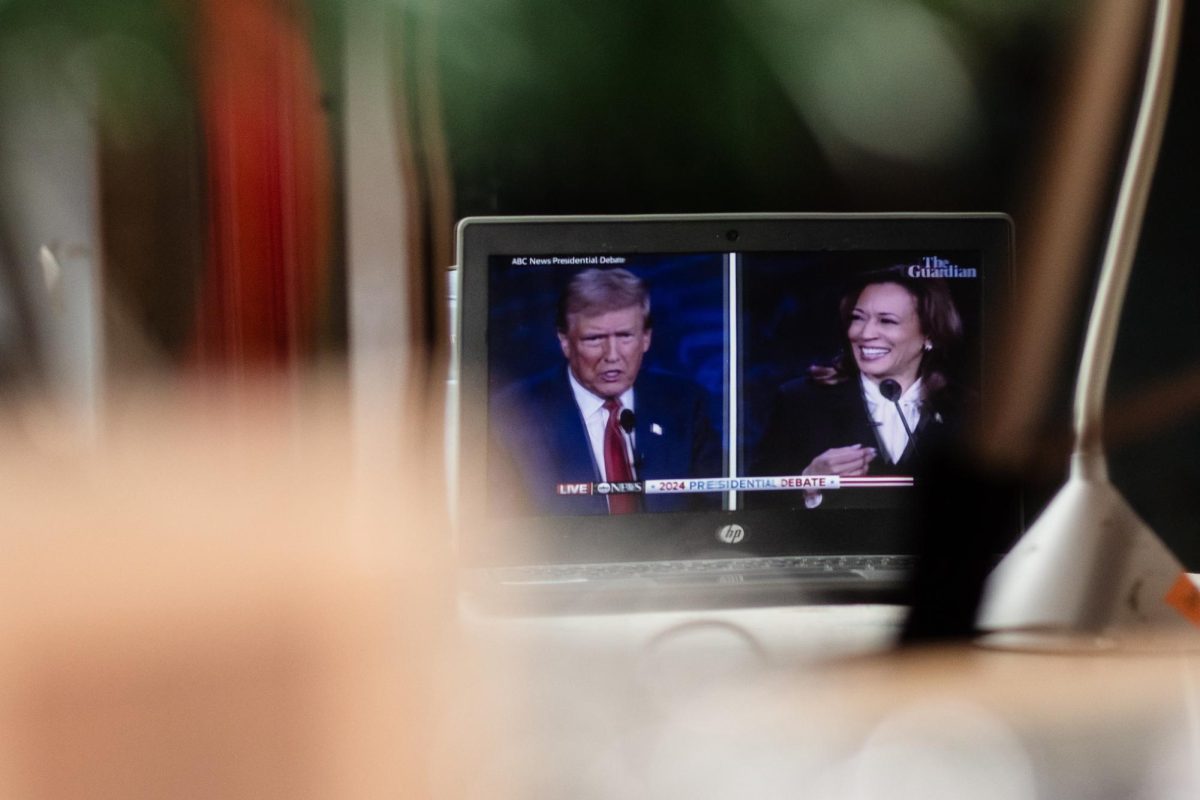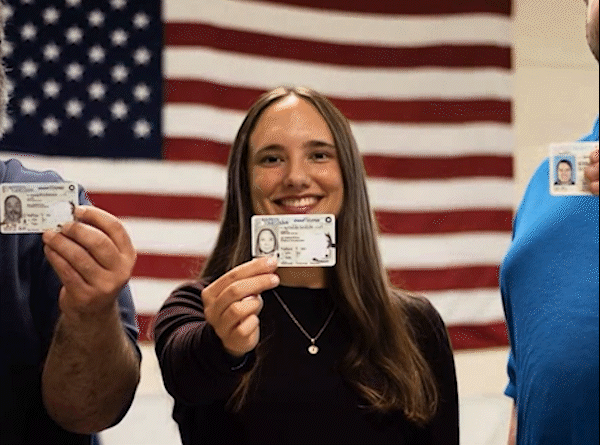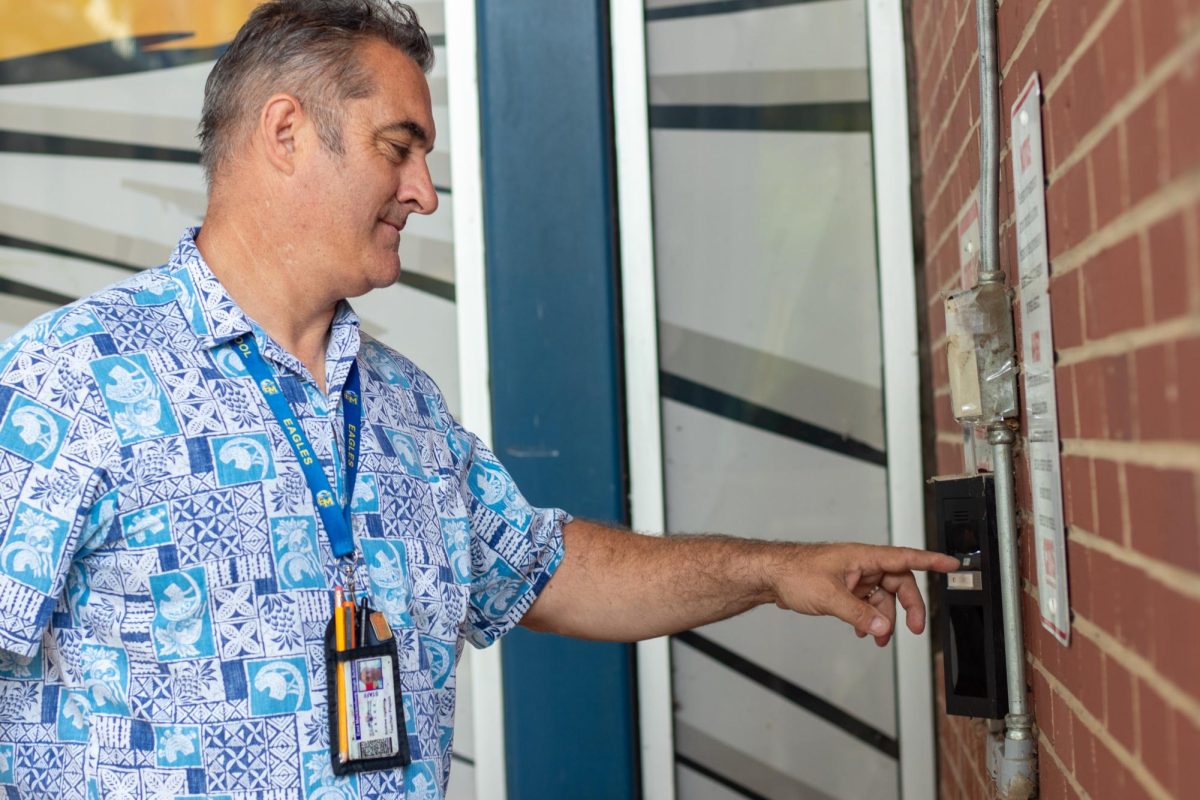The prevalence of politics in student and teacher lives is substantial. From book bans in Florida to prayer in classrooms, politics has always been a part of school culture around the world. With the results of the presidential election fresh in the minds of the nation, the reactions of students are varied. The extreme divide between reactions of students is very apparent, from crying to cheering. The day after the election was full of energy. This difference represents a clear divide between parties at the school.
This is known as polarization. East Meck teacher Gerald Statome recalls voting in a previous election.
“Bill Clinton was probably the first time I remember where we saw a lot of polarization within Democrats and Republicans,” Statome said. Controversies such as impeachment and love affairs have done little to heal the country’s divide. Before the Clinton presidency, Americans acknowledged differences in ideas and policies between candidates, but often united for the good of the country. The divide the country has experienced over the years has caused an influx of radicalization, aka extremism, of ideas as well as polarization.
This radicalization on both sides has caused harm in the way we talk about politics.
“I think what we don’t recognize is how many people fall in between,” senior Kate Rogers said. This idea that citizens have to choose between each side disallows healthy discussion, and therefore hurts the country as a whole.
“If you’re not willing to engage in conversation, just conversation, not streaming back and forth, not trying to get a ‘Gotcha’, that’s not gonna work.” Statome expresses.
A so-called “Gotcha” moment is trying to catch a mistake that is harmful to conversation because it promotes the idea of winning an argument instead of coming to an understanding.
Keeping all of this in mind we see how this polarization hurts our connection. Politics have turned into a taboo, something people don’t want to talk about in fear of starting an argument.
“People don’t venture out and actually try to understand other people’s point of views or laws that they make,” explains senior Fatima Abd Alglel.
Students, like adults, see the effects of this communication barrier. Some students at East are unwilling or hesitant to talk about the nuances or even general politics rattled with the fear of judgement by their fellow students. Finding people who are okay with, let alone excited for, discussion is rare. Students are going to be the next generation of politicians and activists and it’s detrimental to the foundations of our country if this pattern of discreteness continues. Making a change requires the loudest voices, and our silence can hurt our future.
Students have been instilled with these ideas since elementary school. This makes breaking away from the aversion to talking politics a difficult task. But with the detrimental effects that polarization can have, it’s important we start the conversation. Becoming more open to the idea of discussion starts with personal exploration. Researching modern and past politics on both sides of the spectrum can open your eyes to the motivations and ideas behind the opposite party’s values. Overall, working towards being more tolerant of beliefs on all sides will be the starting point to easier and less aggressive communication.
Everyone has reasonings for their beliefs, whether personal or logical. Politics are close to the hearts of many Americans. With this in mind, Americans should be able to freely share our beliefs without being at risk of an argument. Learning healthy communication, although challenging for some, will help guide the country into tolerance, and create a safer, less polarized and less radical society. And, as the next generation of leaders, teachers and activists, the help of students will be the fuel to a more open America.










Harper F • May 13, 2025 at 1:20 pm
I agree that there is a huge divide created by politics present in our country. I also think that learning to communicate and have open respectful converstiong about politics who dont share the same opinions as you is crurcial and something that everyone should be able to do. I never thought about that fact that the country used to be less divided and it used to not be such a sensitive subject, I wonder why this divide has become so present. I agree with this article as a whole, espeially when it mentioned people not wanting to share their opinions due to fear of judgement. I have been in situations before where I disagree but majority of the group agrees so I keep my differing opinions to myself. I think all the points made in the article are true and provide good explanation for the division in not just our school but our country.